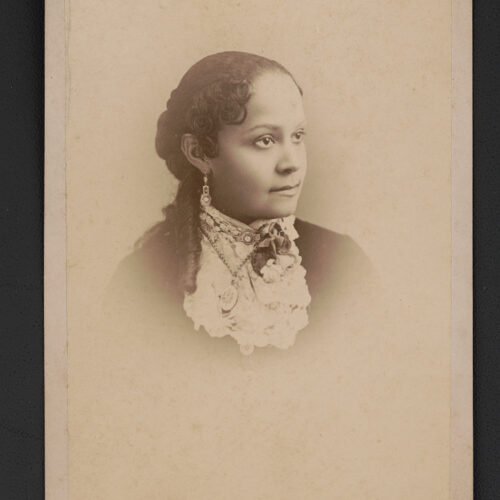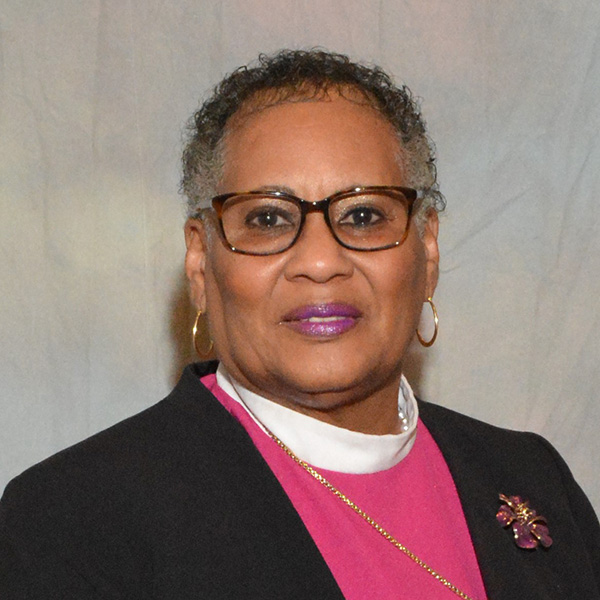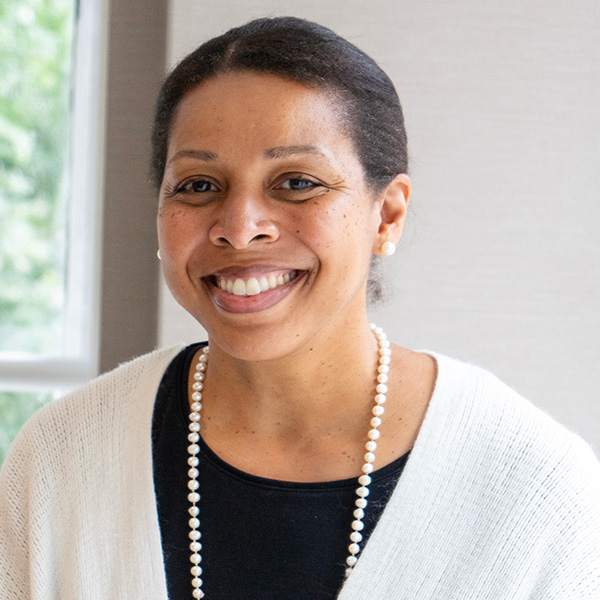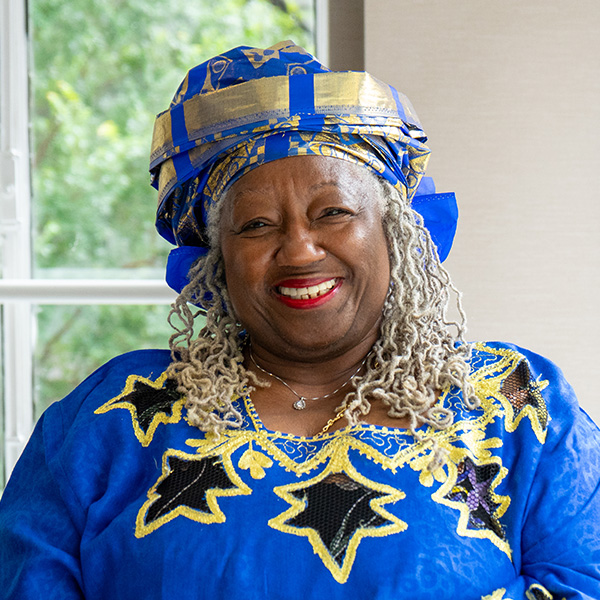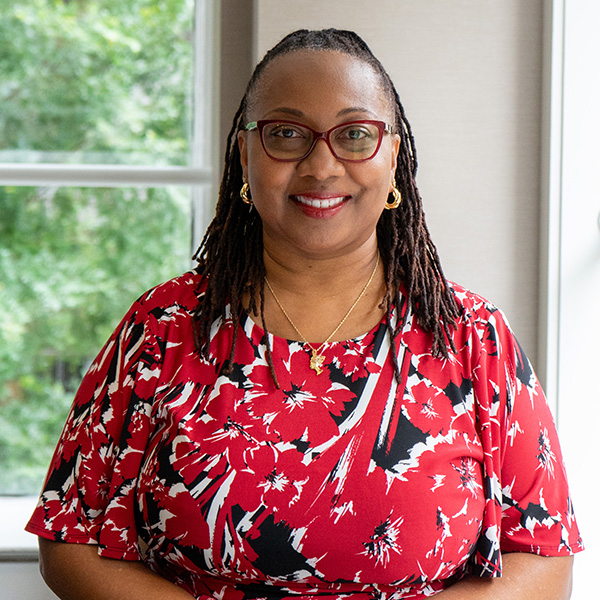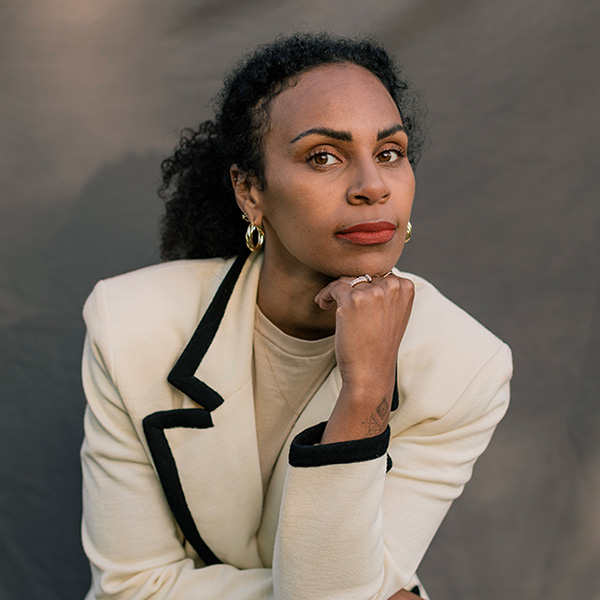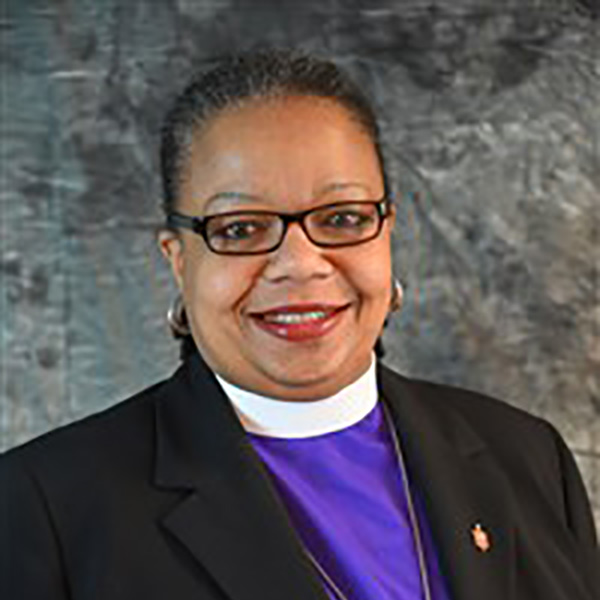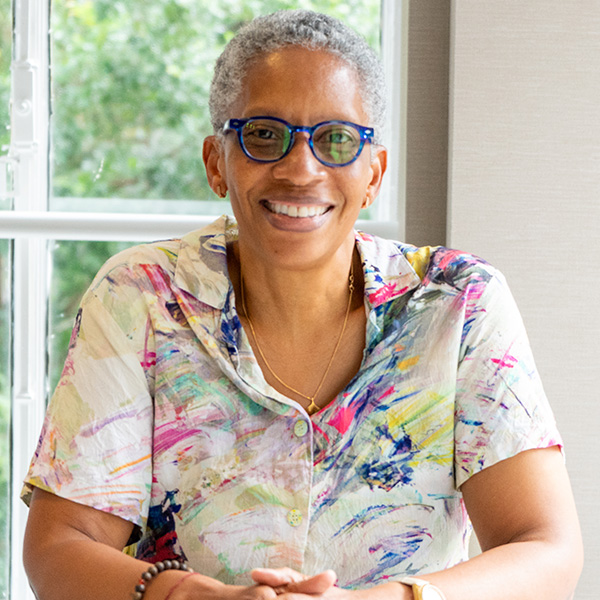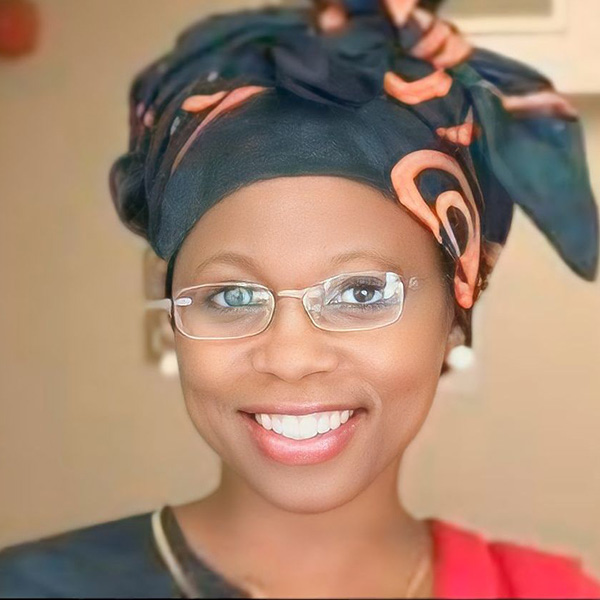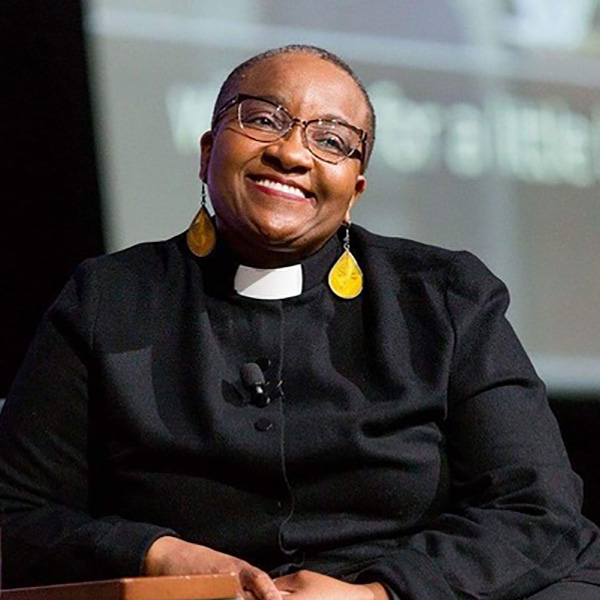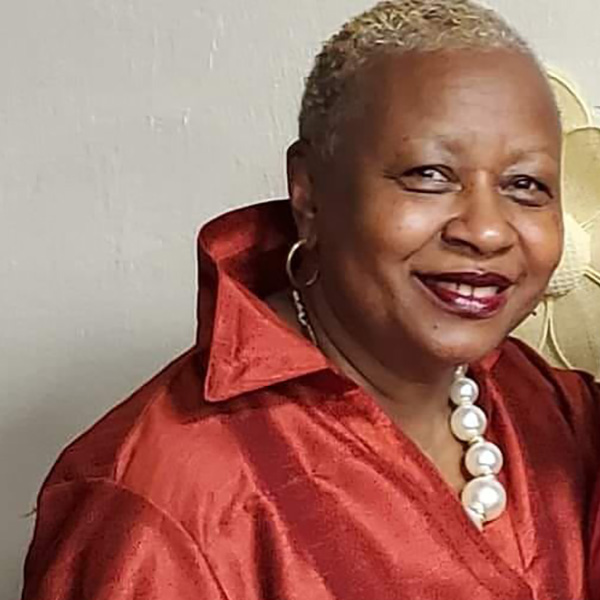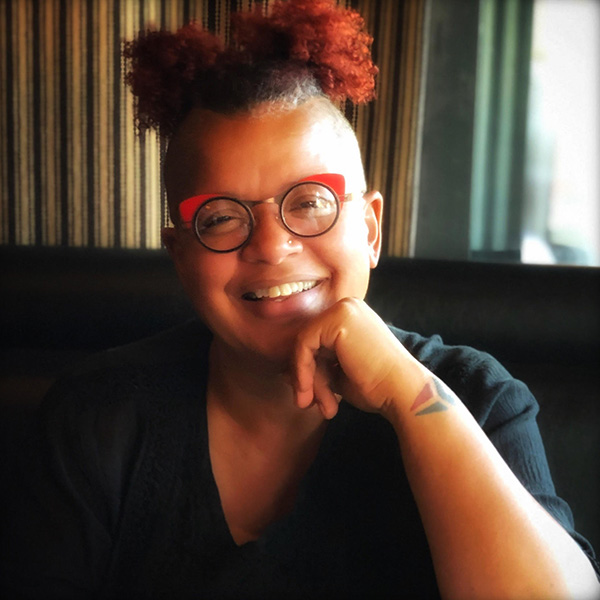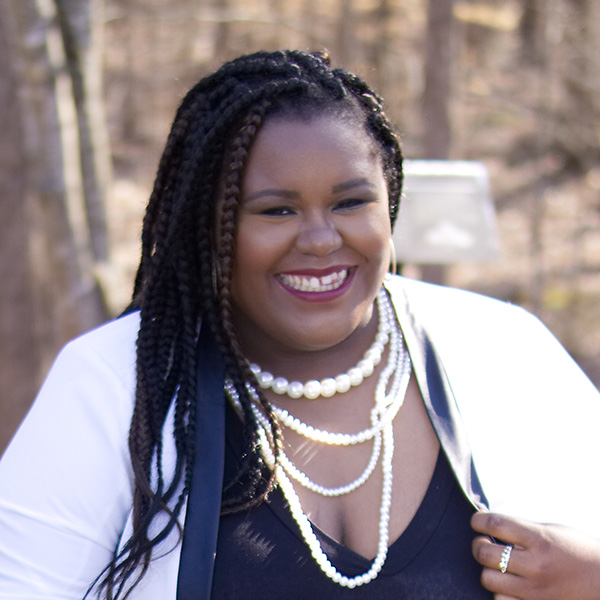Biography
Early Life
Fannie Barrier Williams was a vocal leader in the women’s club movement of the late nineteenth and early twentieth centuries.
She was born in Brockport, New York, to Anthony and Harriet Barber. After high school, she attended the Brockport Collegiate Institute (now The College of Brockport, State University of New York). She graduated with teaching credentials in 1870.
Barrier Williams began teaching in the South before going to Washington, D.C., to teach in public schools. There, she married Samuel Laing Williams. Upon his graduation from law school, the couple moved to Chicago.
Public Speaking & Activism
Following a major appearance at the 1893 Chicago World’s Fair, she became a frequent public speaker among local and national women’s clubs. She was a fervent advocate for social equality and suffrage rights for Black women.
Barrier Williams was good at collaborating with interracial groups. She was the first Black woman to be accepted into the exclusive Chicago Woman’s Club. And she used her access to these spaces to address the inequity that Black women faced, noting that,
“Women who are tender enough in heart to be active in humane societies, to be foremost in all charitable activities, who are loving enough to unite Christian womanhood everywhere against the sin of intemperance ought to be instantly concerned in the plea of colored women for justice and humane treatment.”
As a compelling intellectual, writer, and public speaker, Barrier Williams wrote articles published in the Black-owned Women’s Era newspaper. She later became the first Black woman appointed to serve on the Chicago Library Board in the 1920s.
Religious Identity
Though she was raised in the Baptist Church, she converted to Unitarianism, which is a Christian denomination that does not believe in trinity theology. The structure of logic and reason appealed to Barrier Williams, and as a member of the Unitarian All Souls Church, she saw contradictions between the theory and reality of Christianity.
She reflected that “My faith in the verities of religion, in justice, in love and many sacredly taught sentiments has greatly decreased since I have learned how little even these stand for when you are a colored woman.”
As a Black woman, she understood how the ideals of the Christian faith did not align with the unjust and inhumane treatment of Black people. She wrote, “I dare not cease to hope and aspire and believe in human love and justice, but progress is painful and my faith is often strained to the breaking point.”
Despite these conflicted feelings, she maintained her devotion to Unitarianism and worked with other denominational leaders to establish the Frederick Douglass Center, a community space in Chicago dedicated to promoting interracial organizing.
For over three decades Barrier Williams was a change maker in Chicago. In the dusk of her life, she decided to move back to her small hometown in upstate New York where she continued her life’s work until she died in 1944.
